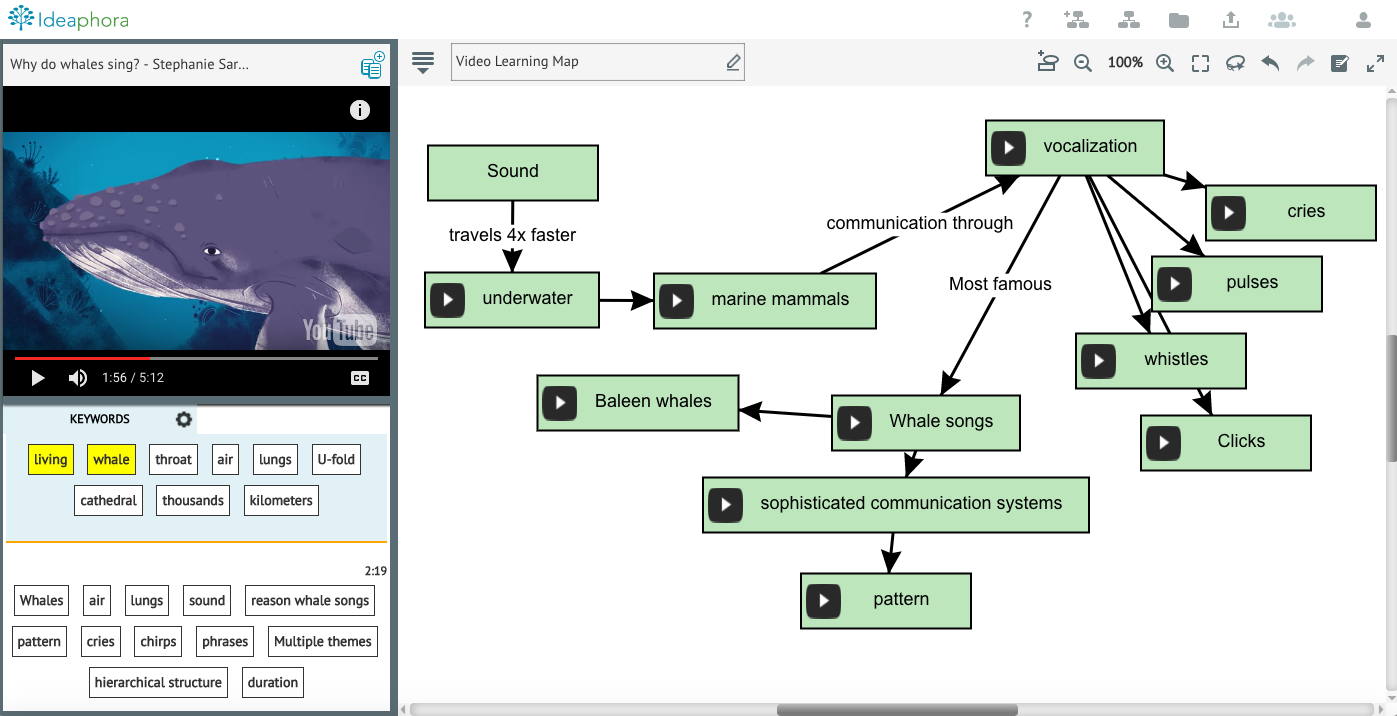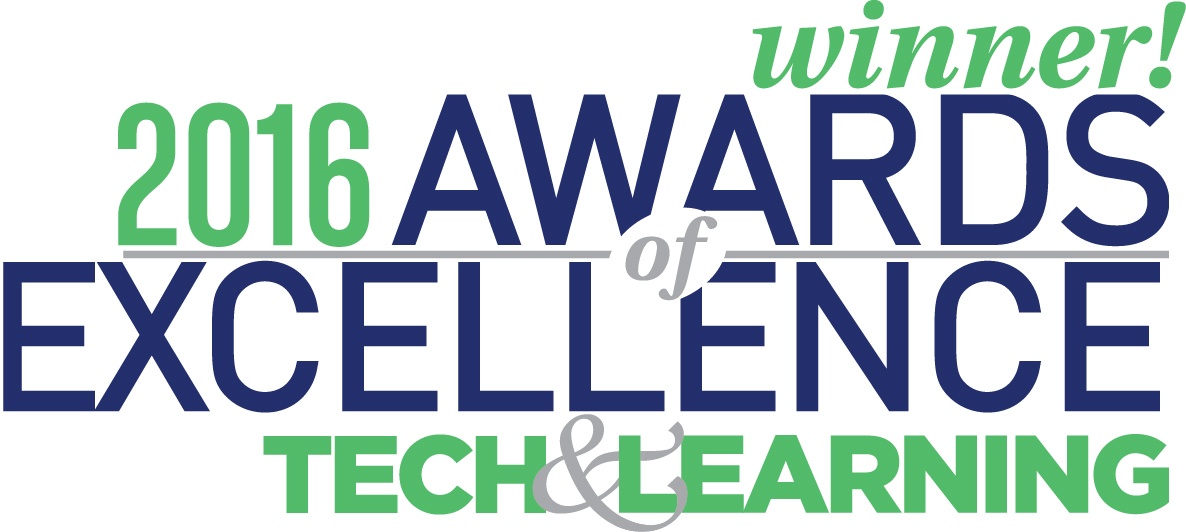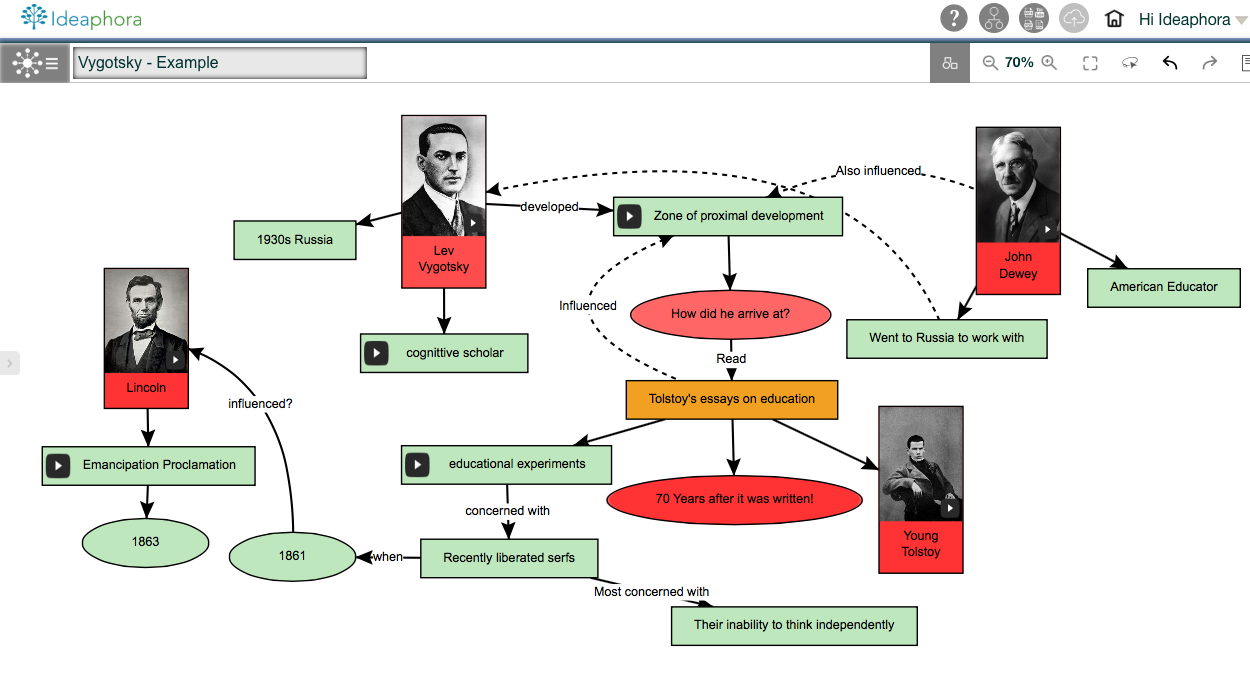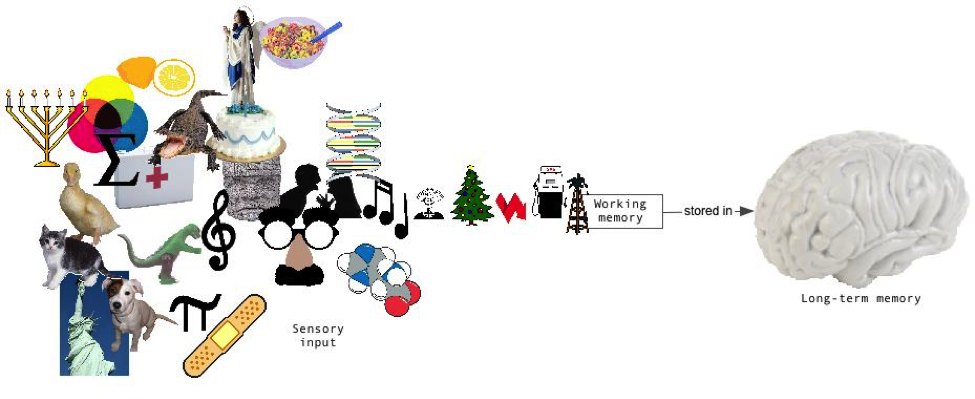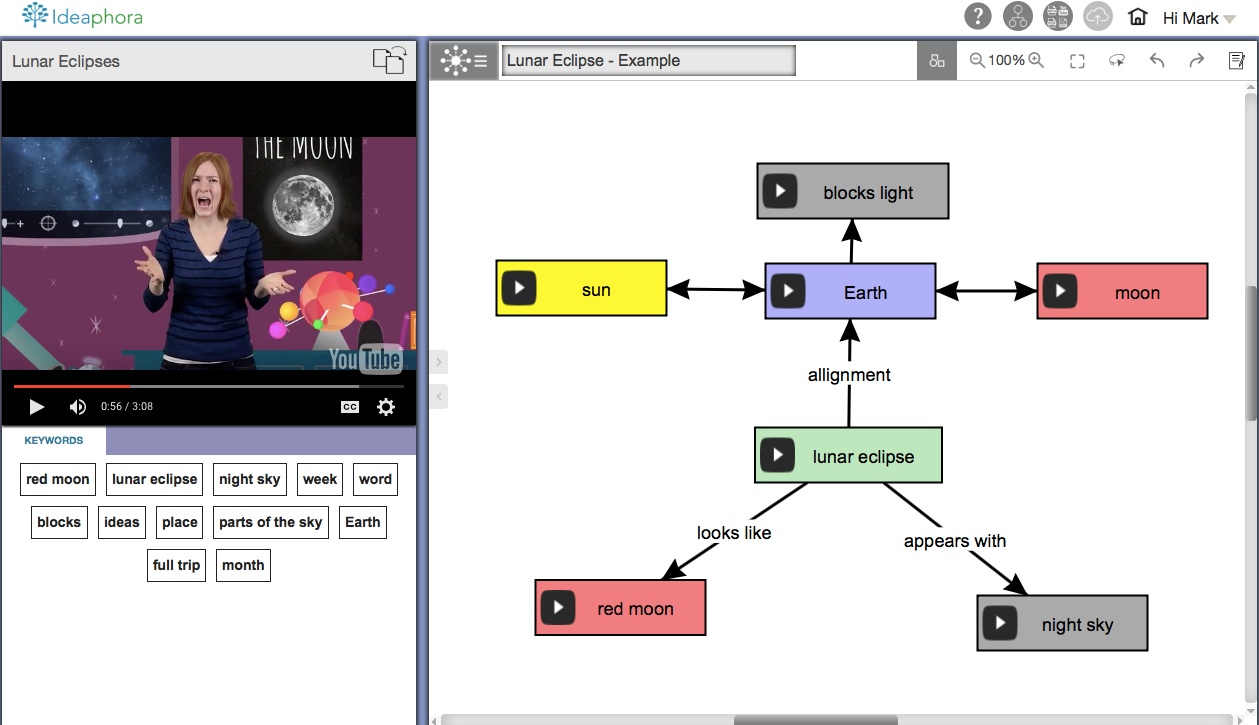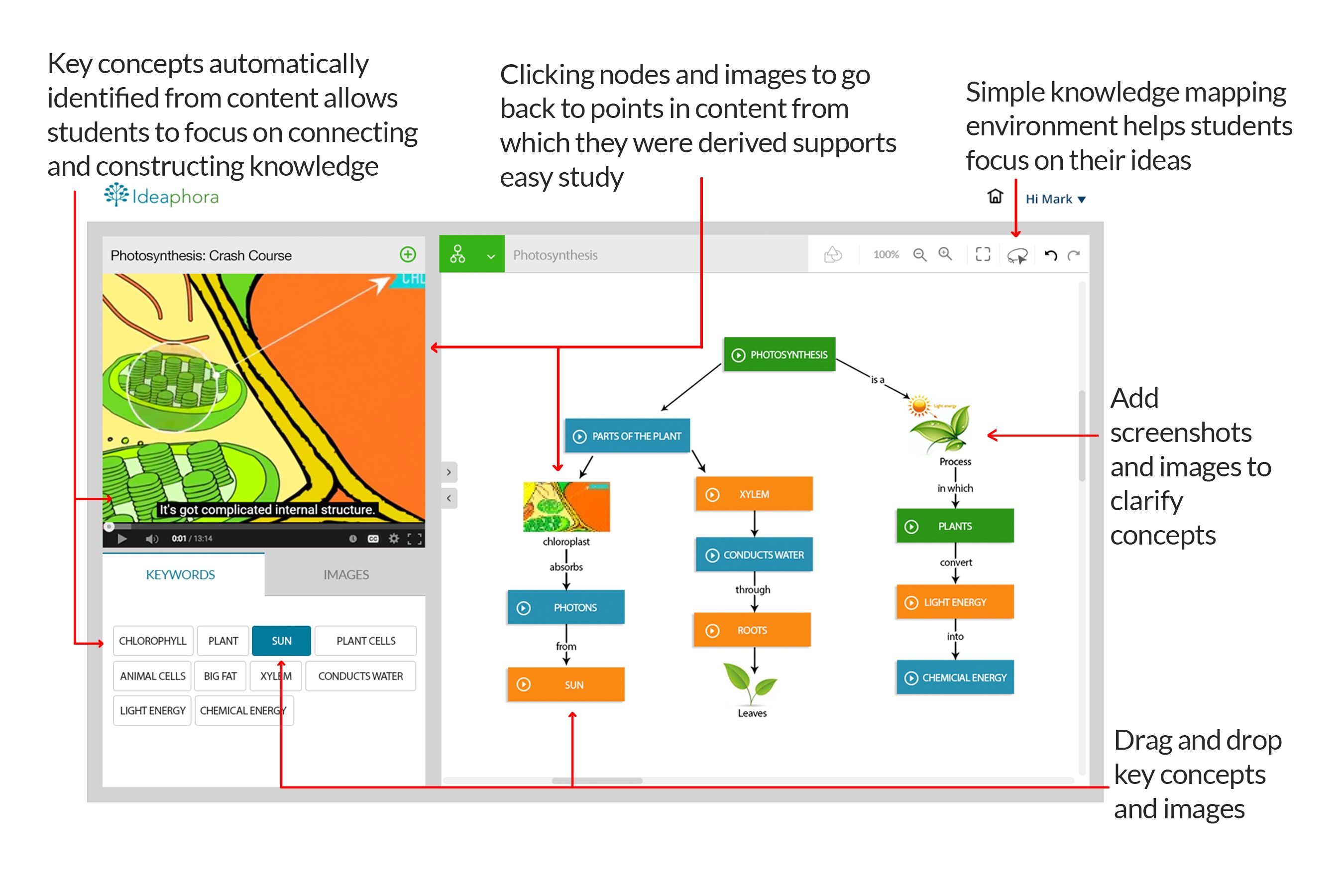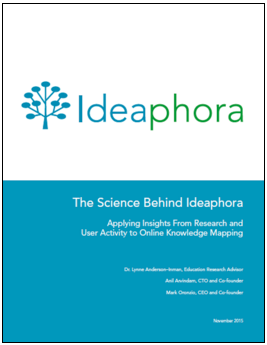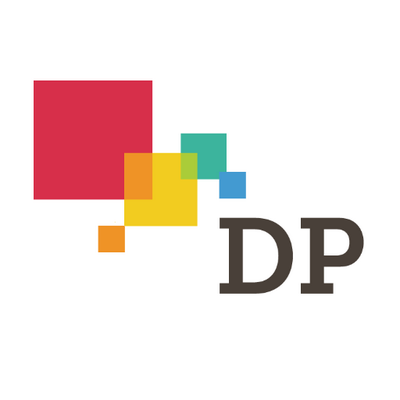Campus Technology reports that a study conducted by the Oregon State University Ecampus Unit found that a majority of students use video captioning and transcripts to support their learning. The study showed that students with a diverse range of abilities can benefit from tools that aid focus, comprehension and retention when viewing videos.
Students Rely on Textual Support When Learning with Videos
Honored to be Honored
2016 has been an eventful year for Ideaphora, with the launch (out of beta) of our online concept mapping environment for individuals and for classrooms as well as additional investment from our partner, BrainPOP®. Now, Ideaphora is being honored for distinction among its edtech peers.
Practice What You Preach
This post is written by Mary Chase, Ph.D., an expert in curriculum design, literacy education, and technology integration.
In previous posts, we’ve explored a variety of theories and educational approaches, and as I’ve written, opportunities to reflect on my own teaching practice have arisen. When I look back over the years (I started teaching in 1980!), I realize that one of the greatest lessons I’ve learned came from one of my dissertation advisors, the great Donald Graves. Whether in class, participating in a research project or just living his life, Don reminded us that teachers must be practitioners of the skills we teach, and show our students how important reading, writing and critical thinking are to our own lives. We had to make our own learning and discovery visible to them, not just “preach” a curriculum. I teach writing, and it has made a huge difference for me to write with my students, allowing them to watch me struggle and think and find my way to a meaning I didn’t even know was there.
As we’ve seen, the Ideaphora knowledge mapping environment offers a powerful way for students to work through their thinking, decode text and, perhaps most importantly, find connections between ideas to trigger new insights. But what about us sharing our own discovery and thinking with our students? Ideaphora also makes it easy for us to include students in the journey as we make our own inroads to learning.
From Dual Coding to Cognitive Load Theory
This post is written by Mary Chase, Ph.D., an expert in curriculum design, literacy education, and technology integration.
In an earlier post, we explored the importance of dual coding in learning and retention. In short, when information is encoded in the brain both visually and verbally (that is, in the kinds of maps we create using Ideaphora) learning is enhanced. Dual coding facilitates making connections, understanding relationships, and recalling related details. Related to dual coding theory is John Sweller’s (1994) “cognitive load” theory. Sweller states that information may only be stored in long-term memory after first being attended to, and processed by, working memory.
Making Thinking Visible
At the Content in Context Conference in June this year, Judson Wagner, Supervisor of STEM, CTE, and Instructional Technology at Brandywine School District in Delaware, explained that his hope for the future of education technology was to provide solutions that enable educators to make students' thinking visible. He expounded that he was seeking ways to evaluate when and how student engagement is translating into learning.
Peek Inside Ideaphora's Technology
SEMANTIC ANALYSIS AND HOW IT WORKS
Ideaphora is the only knowledge mapping tool that integrates with digital content, enabling users to directly grab concepts from online materials and place them into their maps. Learners don’t have to fumble with toggling among multiple screens, cutting and pasting, or generating nodes and text themselves.
The Ideaphora web-based knowledge-mapping environment uses semantic analysis to identify key concepts in online content, such as videos, eBooks, PDFs, and webpages. These key concepts are presented to learners and are easily accessed through a drag-and-drop interface to enable them to construct knowledge maps. Ideaphora’s semantic analysis process continually identifies, presents and refines key concepts in the knowledge-mapping environment.
Learn about The Science Behind Ideaphora
Faced with ever-evolving challenges, schools are looking for sound, research-based products that will help them meet their learning objectives. Ideaphora is not only filling an urgent need for a tool that enables students to seamlessly build knowledge maps with digital content, it’s also supported by a rigorous research basis and a continuous improvement process.
Ideaphora Highlighted in Digital Promise Report
Digital Promise has released a new report, “Using Research in Ed Tech,” that shares promising practices, quotes, and examples from 38 developers. Ideaphora was among the companies highlighted that are using research to design and develop educational technology products. By showcasing examples of research-based product development, Digital Promise aims to help researchers, developers and educators collaborate to use scientific and user research to improve student outcomes and better understand learners.

